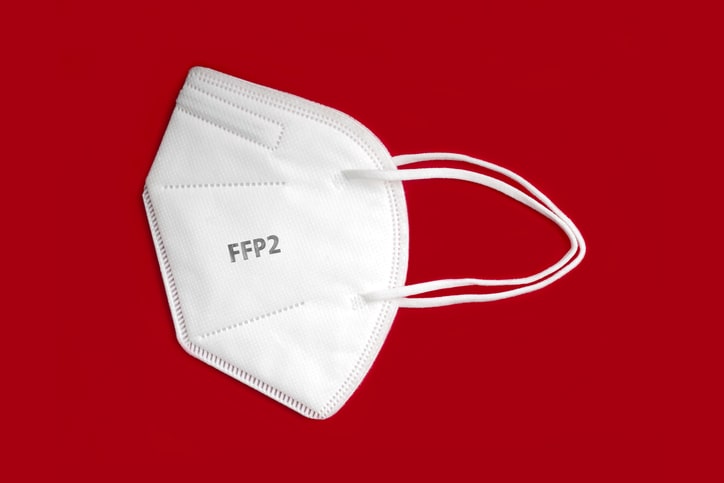
Biotech company ProKidney halted one of two phase 3 trials of rilparencel, or REACT, a cell therapy for kidney disease. The company determined that the second trial was unnecessary for obtaining approval from the US Food and Drug Administration (FDA).
Rilparencel is an autologous cell therapy created by identifying progenitor cells in a patient’s biopsy and then formulating progenitor cells for injection into the kidney. Researchers hope the cells will integrate into the damaged tissue and restore kidney function.
Both studies focused on rilparencel in type 2 diabetes and chronic kidney disease. The US-based REGEN-006 (PROACT 1) study will continue, while the REGEN-016 (PROACT 2) study in other countries will not proceed.
“We decided to prioritize PROACT 1 to accelerate potential US registration and commercial launch,” Bruce Culleton, MD, ProKidney’s chief executive officer, explained in a press release. “We are confident that this strategic shift in our phase 3 program is the most expeditious and resource efficient approach to bring rilparencel to market in the US, our highest priority market.”
The therapy received a regenerative medicine advanced therapy (RMAT) designation from the FDA in 2021, a move meant to speed up the development and review process for regenerative medicines. After a comprehensive internal and external review process, ProKidney determined that the RMAT designation makes rilparencel eligible for FDA approval under an expedited pathway based on successful results of REGEN-006.







 © 2025 Mashup Media, LLC, a Formedics Property. All Rights Reserved.
© 2025 Mashup Media, LLC, a Formedics Property. All Rights Reserved.